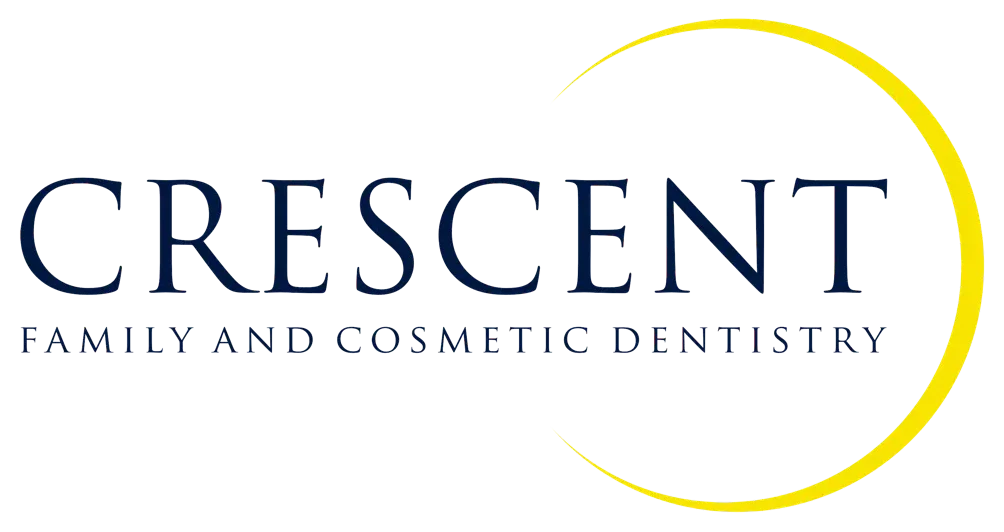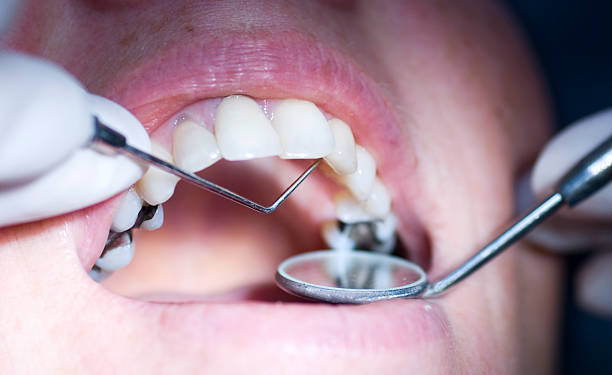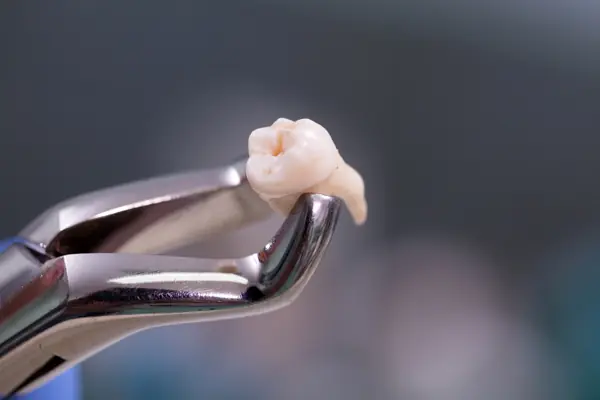Tooth Extraction and the Brain: What Patients Report Weeks Later

At first glance, a tooth extraction seems like a purely dental event. It’s a localized procedure with local anesthesia, focused on solving a toothache, a wisdom tooth gone rogue, or an overcrowding problem. Simple enough, right? But for some patients, what happens after that final “you’re all set” from the dentist is anything but simple.
Weeks after extractions—particularly molars or wisdom teeth—patients sometimes report odd, unexpected symptoms: foggy thinking, emotional swings, or sensations that feel strangely disconnected from their mouths. Is it all just stress? A placebo effect? Or is there a real link between dental extractions and brain function?
Let’s bite into the fascinating intersection of dentistry and neuroscience—and see why your tooth might’ve left behind more than just an empty socket.
How Can Tooth Extraction Affect Brain Function Over Time?
While it may sound surprising, there is growing interest in how oral health—and more specifically, tooth removal—can affect the brain. The mouth and the brain are intricately connected through a complex web of nerves, blood vessels, and inflammatory pathways. So it makes sense that a major dental procedure could set off some neurological ripples.
Here’s how the connection plays out:
- Neurovascular Proximity: Your teeth, especially molars, are situated near significant nerves like the trigeminal nerve, which directly communicates with parts of the brain responsible for sensation and motor control. Trauma or inflammation in this area can occasionally send confused signals to the brain.
- Inflammation and Healing: After a tooth is removed, the body naturally initiates an inflammatory response to heal the area. In some cases, prolonged inflammation can affect the blood-brain barrier or lead to systemic effects.
- Oral-Brain Axis: Similar to the gut-brain axis, researchers are exploring the “oral-brain axis,” a potential feedback loop between oral microbiota, immune responses, and neurological function.
While most people bounce back from extractions without any issues, some report lingering changes weeks—or even months—later. The effects may be subtle, but they’re often enough to make patients wonder: “Why do I feel different, mentally, after my dental visit?”
What Neurological Symptoms Are Linked To Tooth Removal
While this isn’t about losing IQ points after a molar extraction (thankfully), some patients describe temporary cognitive or sensory changes that are difficult to ignore.
Common post-extraction neurological symptoms reported by patients include:
- Brain fog: Difficulty concentrating or thinking clearly, especially in the first few weeks after extraction.
- Mild headaches or pressure sensations: Often linked to the sinus areas after upper molars are removed.
- Emotional dips: Feelings of anxiety or depression, sometimes attributed to post-operative inflammation or simply the body’s stress response.
- Facial tingling or numbness: Particularly if the extraction affected the trigeminal nerve or surrounding tissue.
- Sleep disturbances: Especially if discomfort or residual pain disrupts normal rest.
To be clear, these symptoms are not experienced by most patients, and when they are, they’re often mild and temporary. But for the people who do notice these things, it’s validating to know they’re not imagining it—and that there’s a growing body of research investigating these links.
Does The Brain Respond Differently After Molar Versus Incisor Extraction
Absolutely. All teeth are not created equal, at least not when it comes to their neurological real estate.
Here’s a breakdown:
Molars (especially wisdom teeth):
- Located closer to major nerves (inferior alveolar, lingual, and maxillary nerves).
- Removal often involves more force, surgical cutting, or even bone removal.
- Potentially more disruptive to sinus cavities or jaw structure.
- Can lead to sensations of jaw tightness or facial tingling if nerves are affected.
Incisors and canines (front teeth):
- Less complex extractions, generally more superficial.
- Farther from major nerves involved in facial sensation.
- Patients rarely report post-operative neurological symptoms.
In essence, molars—especially the backmost ones—are the “high-risk zone” when it comes to post-extraction brain sensations. That doesn’t mean they should be avoided when necessary, but it does suggest that more aftercare and monitoring may be warranted.
Can Dental Procedures Influence Cognitive Or Emotional Changes?
This might sound like the stuff of sci-fi, but the brain is more sensitive to physical changes than we often realize. Even seemingly minor procedures can trigger temporary emotional or cognitive shifts, especially when they involve pain, healing, or inflammation.
Here’s how dental extractions could influence brain function or emotional regulation:
- Inflammation and mood: Inflammatory markers like cytokines released after surgery can affect neurotransmitters. Increased inflammation is often linked to mood dips or irritability.
- Pain and sleep disruption: Ongoing discomfort or disrupted sleep during healing can lead to increased stress, irritability, or difficulty concentrating.
- Changes in bite or jaw alignment: After extractions, changes in jaw pressure or how teeth meet can subtly alter muscle tension, posture, and even balance—all of which can feed back into how the brain processes sensory input.
Some patients even report experiencing a “weird shift” in how they process emotions or interact socially for a short period after extraction. Is it purely psychological? Maybe. But the truth is, every dental procedure—even one as routine as a tooth pull—affects the entire body, not just the mouth.
The Patient Voice: What People Actually Say
A quick search of forums and support groups reveals a surprising number of patients sharing stories like:
- “I felt foggy for two weeks after getting my molar out. I thought I was just tired until it lifted one day like a curtain.”
- “I was way more emotional than usual after my wisdom teeth came out. It was weird—I felt almost down for a few days, like I couldn’t shake it.”
- “I had strange pressure in my temple and ear after my extraction. It freaked me out until it finally resolved three weeks later.”
While not everyone experiences these symptoms, and they’re rarely long-term, they are common enough to merit more curiosity from both dental professionals and neuroscientists alike.
Beyond the Gums, Into the Gray Matter
Tooth extraction may seem like a mouth-centered matter, but as we’ve seen, the story doesn’t always end at the gum line. The mouth is one of the most sensitive, nerve-rich areas of the body, intricately tied to our brain’s perception of safety, identity, and wellbeing. It’s no surprise that removing a tooth—even carefully—can trigger some strange neurological echoes.
So if you’re preparing for an extraction, don’t panic. Most patients heal just fine, with no surprises beyond some manageable soreness. But if you do notice something unusual—whether it’s a mood shift, fuzzy thinking, or odd sensations—know that you’re not alone. And it’s always worth talking to your dentist or doctor, just in case.
Your Mouth Deserves Full-Body Attention
At Crescent Family and Cosmetic Dentistry of Columbia, we understand that dental care is about more than just teeth—it’s about you. If you’re facing an extraction or have questions about post-operative changes, our team provides thoughtful, whole-body support before, during, and after your procedure. Book your consultation today and experience dentistry that listens to every part of you—including your brain.


